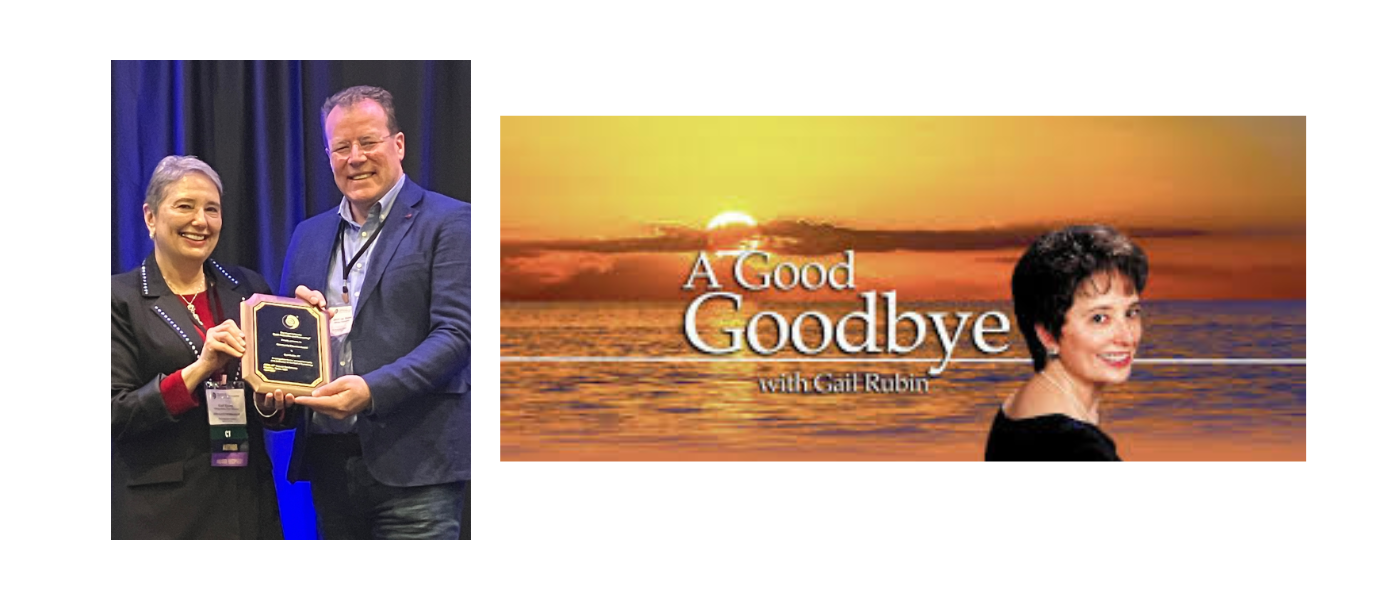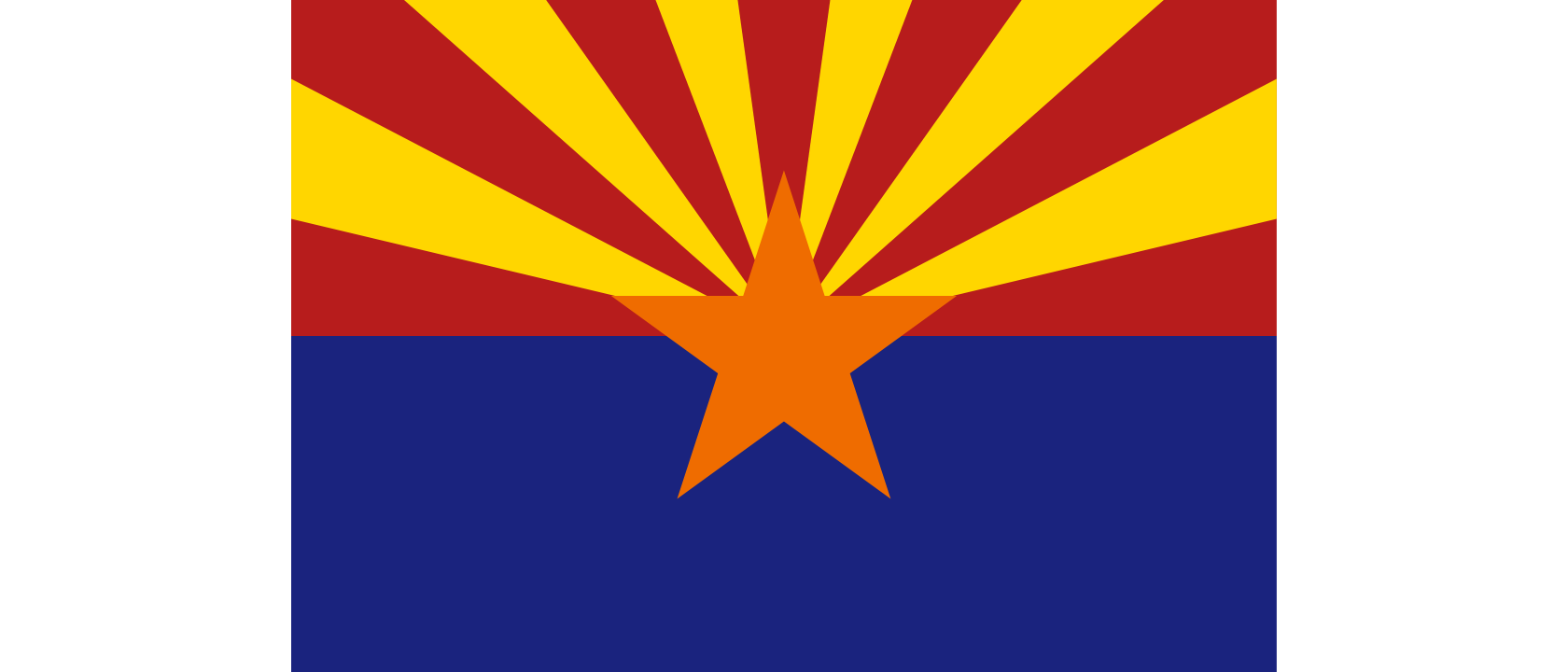Who Can You Trust? Funeral Directors Key to Your Life … and Death
 Death is not something most people want to discuss. But conversations about the topic have been forced in recent weeks as incidents involving the abandonment of bodies and the relocation of previously buried bodies have come to light, leaving broken the trust that many families put in the hands of the funeral director and cemetery.Instructors at Mortuary Science programs in the area said their students are more disturbed than the public by the discoveries at Serenity Gardens Funeral Home in Gary and Burr Oak Cemetery in Alsip, Ill.
Death is not something most people want to discuss. But conversations about the topic have been forced in recent weeks as incidents involving the abandonment of bodies and the relocation of previously buried bodies have come to light, leaving broken the trust that many families put in the hands of the funeral director and cemetery.Instructors at Mortuary Science programs in the area said their students are more disturbed than the public by the discoveries at Serenity Gardens Funeral Home in Gary and Burr Oak Cemetery in Alsip, Ill.
Rick Soria, the chairman of the Mortuary Science program at Ivy Tech Community College Northwest in East Chicago, said he believes the incidents are isolated, and the fact that news of them broke at about the same time is a coincidence.
Still, he said, there’s a feeling of, “When is this going to stop?”
Trust is a key component to being a funeral director and is addressed in ethics classes, Soria said. He said a poll was taken by the public that found the most trusted people are clergy members and funeral directors.
That’s why Stephanie Kann, program director at the Worsham College of Mortuary Science in Wheeling, Ill., said ethics classes are built into the curriculum.
“They discuss how someone – who has been trained and in whom trust has been placed – how could somebody do that?”
Worsham instructor Bob Arvidson said students in his ethics class Thursday were discussing the incident at Burr Oak and decided that funeral directors should be at least partially responsible. They said the role of the funeral director is to do what’s right for the client, even if it means “baby-sitting” the casket and watching it get lowered into the ground.
“Funeral homes live on word of mouth. Once a bad reputation gets out there, it spreads,” Arvidson said.
Which is why Soria said he has talked to students from family-owned funeral homes who are worried that their businesses may be under a microscope and the families they’ve helped may become distrusting.
“The students I see, so many are in it for the right reasons. They really want to care for the families,” Soria said.
In Indiana, funeral directors and funeral homes must be licensed. The State Board of Funeral and Cemetery Service Web site, in.gov/pla/funeral.htm, allows the public to search for licenses to see if specific funeral directors or funeral homes have had complaints lodged against them and what action has been taken.
Soria said the father of a member of the Ivy Tech Northwest staff was one of the four bodies that was discovered in Gary. He said Solan-Pruzin Funeral Home, with locations in Schererville and Hammond, cremated all four bodies at no cost to the family.
“It’s good to highlight the good things,” he said. “Overall, that’s what we go into the industry to do.”
Who should you trust? Stephanie Kann, program director at the Worsham College of Mortuary Science in Wheeling, Ill., said customers often look to the funeral director to educate them about the process.
“Trusting the funeral director is good to do 98 percent of the time,” Kann said.
Still, it’s better to be careful. On the State Board of Funeral and Cemetery Service’s Web site, in.gov/pla/funeral.htm, you can look up licenses and check for disciplinary action against a specific funeral director or funeral home by clicking on the License Express section.
Article By: Kathleen Quilligan – kathleen.quilligan@nwi.com



